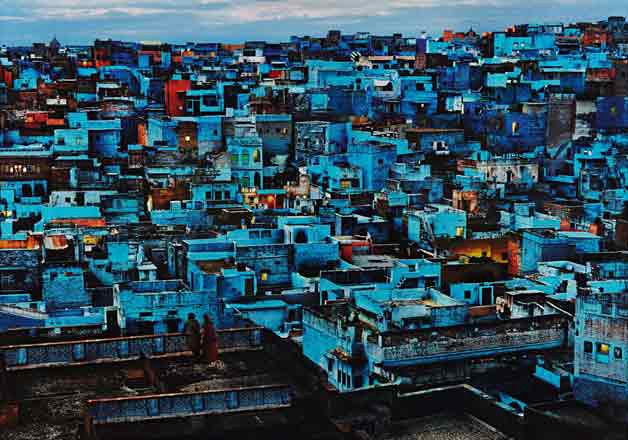A collection of rural villages in Andhra Pradesh is set to become India’s first smart city, called Amaravati, to be built from scratch and eventually home to 3.5 million people.
“India’s second growth story will start from Amaravati,” Sreedhar Cherukuri, the Andhra Pradesh development commissioner told the Wall Street Journal (paywall).
It is one of 100 smart-city developments India’s Prime Minister Narendra Modi wants to build across the country.
In Amaravati, planners envision using technology to tackle the problems of India’s urban hubs. Aerial drones will check for informal housing. Underground power lines and smart meters will make electricity theft impossible. A biometric database of every property owner will “prevent owners from dodging visits by government debt collectors,” the Wall Street Journal reports.
Local farmers — about 100,000 occupy the site of the future Amaravati — have been trading farmland for the promise of urban plots. Meanwhile, planners are scoping out “micro-plots” for low-income business owners, starting at $3,000 for a 50-square-meter spot. (At that price, micro-financiers will probably follow.)
The Andhra Pradesh development agency plans to preserve the 12,000-person village of Tulluru, close to the future city center, as a heritage site.
Not everyone is convinced. All that monitoring smacks of Big Brother. Critics argue the project diverts resources away from investing in existing cities, especially the rapidly growing second- and third-tier urban centers.
“The focus should be on how these cities can grow sustainably,” Ani Dasgupta of the World Resources Institute Ross Center for Sustainable Cities says.











